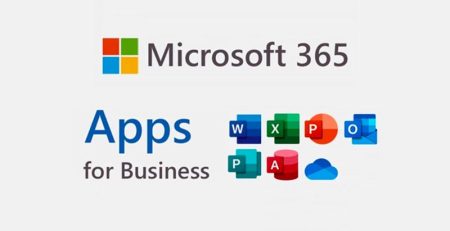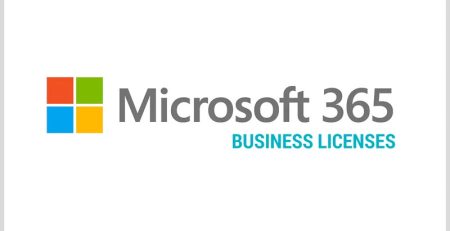Why Keeping a File with Passwords on Your Computer is a Terrible Idea
Editor’s note: In recognition of this October, we are publishing a series of blog posts dedicated to educating and informing you about cybersecurity practices. This is the 11th in a series of posts. Below, you can find a list of links to the rest of the series:
- What is a Pig Butchering Scam and How Do You Protect Yourself?
- 6 Conditional Access Policies You Should Turn on Now
- Tips for Running an Effective Cybersecurity Awareness Campaign
- What is Quishing and How Do You Protect Yourself?
- Early Warning Signs Your Employees Need to Look Out for and Report to IT
- My Dad Lost Thousands of Dollars in a Romance Scam. Here’s How They Work and How to Protect Yourself
- NIST Releases New Password Rules: What Does It Mean for You?
- 7 Reasons Your Organization Needs Cybersecurity Insurance
- Top 3 Cybersecurity Threats We Uncovered at GrrCon 2024
- Why Does My Organization Need Cybersecurity Insurance and an MSP?
- How Do Passwords Get Hacked?
- What Happens When You Use the Phish Alert Button?
- Why Does Social Engineering Happen?
Remembering passwords is hard. Between computer logins, email accounts, voicemail PINs and business-specific software, you likely have multiple passwords to remember.
It’s common for people to resort to bad password practices, like using the same password for multiple accounts or choosing weak passwords such as “123456” or “password.”
Some might save a Word document or Excel spreadsheet on their computer listing every username and password combination. According to a 2022 study by NordPass, 43% of companies admitted they keep passwords in a Word, Excel or other plain text document that is not password protected.
While this might seem like a convenient way to keep your passwords safe from prying eyes, it’s one of the worst ways to store them. Here’s why:
Why Storing Passwords on Your Computer is Risky
Easy targets for hackers
Storing passwords in plain text means anyone with access to your device can read them. If you step away from your computer and don’t lock your screen, anyone can access that data without your knowledge.
If your computer is lost or stolen and isn’t encrypted with BitLocker, any files on your device will be accessible to unauthorized users.
Easily copied and shared
Just like storing passwords in a web browser, keeping them in a file on your computer makes them easy to copy or share. Files can be emailed, uploaded to the cloud or stored on a USB drive.
If an attacker is skilled enough, they can cover their tracks, and you might never know your passwords have been compromised.
Hard to manage and update
Over time, your password list grows. What started with 20 to 30 passwords could now include over 100.
Updating your email or Windows password often means forgetting to update your password document. A password manager makes organizing and updating passwords easy and secure.
“A password manager makes it easy to securely organize and sort through your password list. And while we don’t recommend sharing passwords, password managers allow you to do so securely if you and your employees share an account.”
Need Help Finding a Password Manager?
Feeling overwhelmed by the number of passwords you need to remember? Consider using a password manager. Here are some of the best free versions available:
- LastPass Free: User-friendly with essential features like secure note storage and form-filling capabilities.
- Bitwarden: Open-source, secure and accessible with cross-platform support and robust encryption.
- KeePass: Ideal for offline data management with great flexibility for those with technical know-how.
- Dashlane Free: Straightforward interface with a limit of 50 password storage, suitable for basic individual use.
For extra security features and multidevice use, consider upgrading to a paid version. Most managers are affordable, costing $1 to $8 per month. Many also offer business-grade versions to encourage strong password practices among employees.
Enhance Your Cybersecurity Today
A password manager makes it easy to securely organize and sort through your password list. And while we don’t recommend sharing passwords, password managers allow you to do so securely if you and your employees share an account.
Password managers also offer password generators to ensure you are following best password practices, and some even allow you to schedule prompts to update passwords.
Want to protect your company from cybersecurity threats? Contact us here to learn how we can help secure your sensitive data.
Did you like this blog? You can subscribe to our newsletter to receive a weekly email with our latest blog posts.











